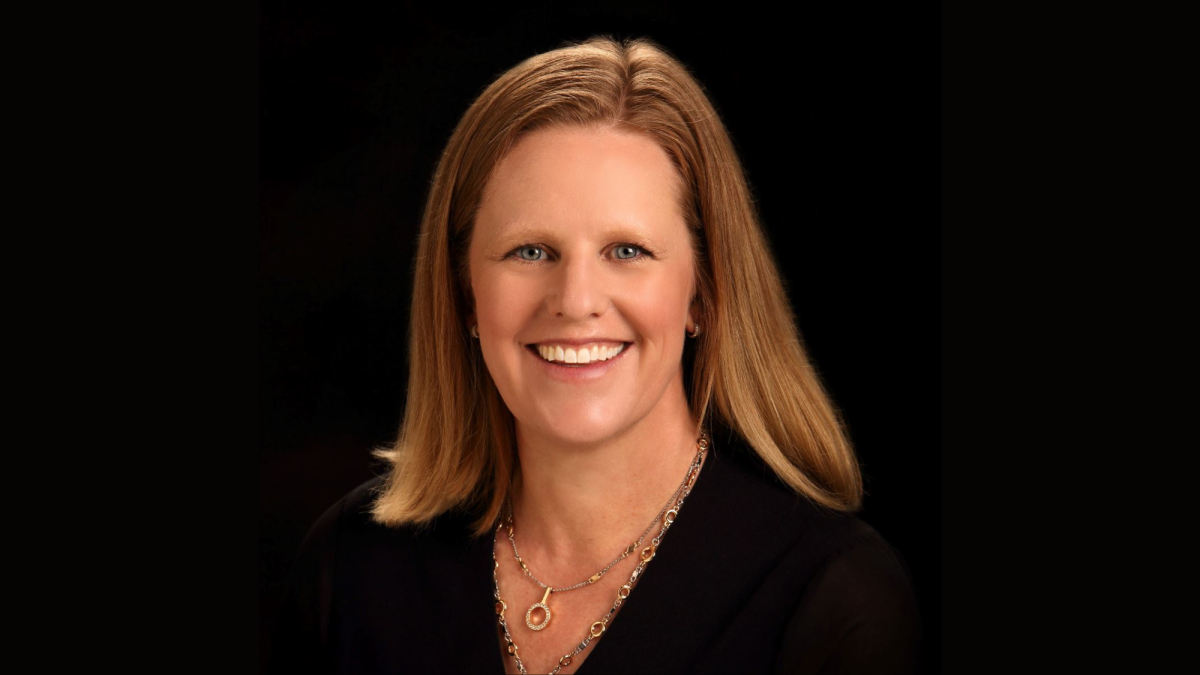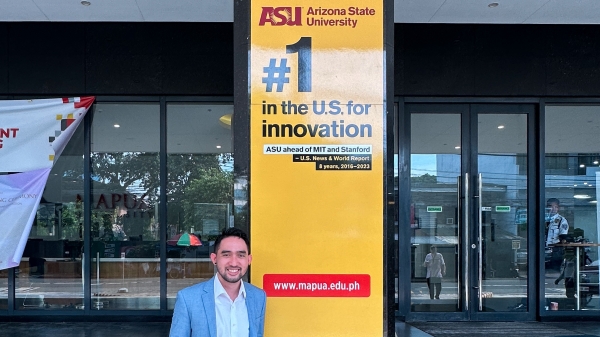ASU alumna combines love for nursing, education as nurse simulationist

Inspired by her time at ASU, alumna Kelley Connor is helping to prepare future nurses through her role as a nurse simulationist.
If there is one thing Kelley Connor loves just as much as nursing, it’s being an educator.
She graduated with a Bachelor of Science in nursing through the RN to BSN program at Arizona State University’s Edson College of Nursing and Health Innovation in 2001. Connor then went on to earn a master’s degree and a doctorate degree.
After attaining the trio of degrees, Connor began working as an associate professor at the School of Nursing at Boise State University, where she is currently the director of simulation-based learning and research.
“In my current position, I combine my interests in nursing and education to create realistic clinical cases for students to practice skills and concepts,” Connor said.
It may not seem like there is more for Connor to achieve from a degree standpoint, as she’s already earned a terminal degree, but she does envision herself potentially furthering her education.
“I love to learn and improve myself,” Connor said. “I am constantly looking for opportunities to grow and develop my skills.”
Connor’s passion for teaching is so great that she has gone beyond borders to educate her students. During her distinguished career, Connor has worked as a visiting professor in China and taken students on faculty-led courses in both Ireland and Croatia.
As a student at Edson College, Connor was also working full time as a registered nurse. Because of this, she overcame many challenges while pursuing her bachelor’s degree. Even with the hardships she faced, Connor said the degree made those challenges absolutely worth it.
Below, Connor reflects on her BSN experience and discusses some of the life lessons she learned that she now uses to teach her students.
Question: How did your degree program help you in achieving and maintaining the position you have now?
Answer: I enrolled in ASU's RN to BSN nursing program. This program was created for associate-prepared nurses to continue working while completing their baccalaureate degree. I always knew I wanted to be an educator, and the program helped me achieve my goals.
Q: What is a favorite memory from your time in your program?
A: I loved my leadership course. I was assigned to work with a nurse manager in one of the local hospitals. The project I worked on was bringing pet therapy to the unit. We did training for the staff, created policies for having animals on the unit, and coordinated with the hospital and pet therapy administration. I felt like I got to take some ownership in bringing a useful resource to the unit and learned realistic leadership skills.
Q: What advice would you give students who are currently enrolled in the program?
A: It is worth it!
Q: What were some unique challenges, if any, you had to overcome while pursuing this degree?
A: The program was challenging because it was a major time commitment for a group of working adults. But, because we were all working nurses, we understood each other and built a strong support system. We also had really good class discussions sharing and applying our experiences.
Q: What is one thing you learned from your degree program that has helped you out in your current position?
A: For me, the program emphasized professionalism, integrity and lifelong learning. I try to teach students the same concepts today.
Written by Max Baker
More Health and medicine
College of Health Solutions medical nutrition student aims to give back to her Navajo community
As Miss Navajo Nation, Amy N. Begaye worked to improve lives in her community by raising awareness about STEM education and…

Linguistics work could improve doctor-patient communications in Philippines, beyond
When Peter Torres traveled to Mapúa University in the Philippines over the summer, he was shocked to see a billboard promoting…

Turning data into knowledge: How Health Observatory at ASU aims to educate public
This is how David Engelthaler described his first couple of months on the job as executive director of the Health Observatory at…